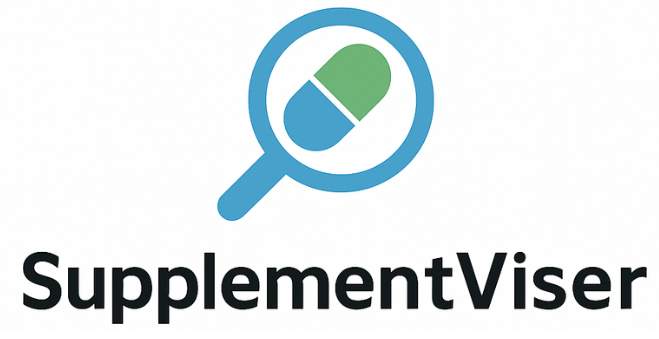YouTube Discussion: Maddie Lymburner: Ovarian Cysts (and stuff like that)
Views: 1329 | Likes: 138
1. Key Benefits and Effects: Iodine supplementation is primarily beneficial in preventing iodine deficiency disorders such as goiter, hypothyroidism, and mental retardation. It plays a crucial role in the synthesis of thyroid hormones, which are essential for normal growth and development. Iodine supplementation can significantly improve thyroid function and prevent iodine deficiency, particularly in pregnant women and newborns. It may also enhance child neurodevelopment, although the exact mechanisms are not fully understood.
2. Safety Considerations: While iodine supplementation is generally safe, potential risks exist. These include iodine-induced hyperthyroidism and autoimmune thyroid diseases, particularly in areas of iodine sufficiency. Therefore, careful monitoring and dosage regulation are necessary to ensure the safety and effectiveness of iodine supplementation.
3. Recommended Usage: The publications do not provide specific dosage recommendations, but they emphasize the importance of proper dosage management. For pregnant women, iodine supplementation appears to be beneficial for both maternal and fetal health, and for child neurodevelopment. However, further research is needed to determine the optimal dosage during pregnancy.
4. Scientific Strength of Evidence: The strength of the evidence is relatively high, with credibility scores ranging from 7.21 to 8.04. The research includes systematic reviews of randomized controlled trials and a double-blind, placebo-controlled trial, which are considered high-quality evidence. However, some aspects, such as the impact on child cognitive development and the optimal dosage during pregnancy, require further investigation.
In conclusion, iodine supplementation can offer significant health benefits, particularly in preventing iodine deficiency and improving thyroid function. However, it should be used with caution, and under the guidance of a healthcare professional, due to potential risks. Further research is needed to fully understand its impact on child neurodevelopment and to determine the optimal dosage.
Top Reddit Discussions
| Title | Score | Link |
|---|---|---|
| Iodine fights depression | 97 | View Post |
| Anybody taking a decent but not large dose of iodine? | 12 | View Post |
| Why did Iodine supplementation do this to me? | 9 | View Post |

Leave a Reply